Kinhtedothi - The Ministry of Home Affairs is seeking opinions on the draft Law on Organization of Local Government (amended). Expected to be submitted to the 9th Session of the 15th National Assembly, this draft Law aims to streamline the organization and strengthen decentralization and delegation of power between government levels.
The Ministry of Home Affairs is seeking comments on the draft Law on Organization of Local Government (amended). Expected to be submitted to the 9th Session of the 15th National Assembly , this draft Law aims to streamline the organization and strengthen decentralization and delegation of power between levels of government.
The draft law was developed to implement the Party's policy on streamlining the organization and apparatus of the political system (no district-level organization, implementation of a two-level local government model after amending the 2013 Constitution); at the same time, it proposed a two-level local government model including provincial level (province, centrally-run city) and grassroots level (commune, ward, special zone).
Proposal to transfer 85% of tasks to the grassroots level
Notably, the draft Proposal clearly states that the draft Law amends regulations related to the division of tasks and powers of local authorities at provincial and grassroots levels; promotes decentralization and delegation between the Central Government and localities and between provincial and grassroots local authorities.
On the basis of the two-level local government model (including provincial and grassroots levels), clearly define the tasks and powers of each level of local government.
In particular, the provincial level focuses on promulgating mechanisms, policies, strategies, planning and macro-management, inter-regional and inter-base issues that exceed the capacity of the base to resolve, require deep expertise and ensure consistency across the province.
The grassroots level is the level of policy implementation (from the central and provincial levels), focusing on tasks serving the people, directly solving community problems, providing basic and essential public services to local people; tasks that require community participation, promoting the initiative and creativity of the grassroots level.
Specifically, for provincial-level local authorities, in addition to current tasks and powers, a number of tasks and powers of the district level (before dissolution) will be added that exceed the implementation capacity of the grassroots level (after rearrangement).
According to the draft, after review, it is expected that about 15% of current district-level tasks and powers must be transferred to the provincial level for implementation.

For grassroots local authorities, in addition to the tasks and powers of commune-level local authorities according to current regulations, most of the tasks and powers of the district level are transferred to the grassroots level.
Accordingly, most of the tasks and powers of the district local government are transferred to the commune local government; most of the tasks and powers of the district local government, provincial city, city under centrally run city, and town are transferred to the ward.
This is to solve administrative work, provide essential needs of local people, with the principle of giving priority to the grassroots level, accordingly if the grassroots level performs well, then decentralize and delegate authority to the grassroots level to perform; except for tasks beyond the capacity of the grassroots level, which are assigned to the provincial level to perform.
Through review, it is expected that 85% of current district-level tasks and powers will be transferred to grassroots levels for implementation.
Promote decentralization and delegation of authority at the grassroots level
To consistently implement the principle of "local decision, local action, local responsibility", aiming to improve the governance capacity of the grassroots level, enhance the efficiency, effectiveness and efficiency in state management and promote local socio-economic development, the draft Law also stipulates that based on practical situations, the provincial level will promote decentralization and delegate its tasks and powers to the grassroots level.
In particular, promote decentralization and authorization to local ward authorities to manage and develop urban areas and urban economy.
At the same time, promote decentralization and authorization for local authorities of autonomous special zones to manage the state in island areas, ensure flexible and proactive response to unexpected situations, firmly protect national independence, sovereignty and territorial integrity; promote advantages and potential of marine economy, international economic integration, ensure attracting people to live, protect and develop islands.
At the same time, the draft Law stipulates the transition of important and urgent issues to ensure that local government activities take place continuously and smoothly... when switching from a 3-level to a 2-level model.
Accordingly, within 2 years from the effective date of the law (July 1, 2025), the Government is assigned to issue documents within its authority to redefine the tasks and powers of local authorities, adjust relevant regulations for unified application during the period of not amending or supplementing laws, ordinances, and resolutions, and periodically report to the National Assembly Standing Committee. In cases related to laws and resolutions of the National Assembly, report to the National Assembly at the nearest session.
At the same time, regulations are made on the deadline for local government agencies at the district level to hand over work, records, documents, finances, budgets, headquarters, assets, and other related facilities to competent agencies, organizations, and units (15 days); regulations on the validity and authority to handle documents of local government at the district level (after dissolution)...
Also in this Draft Law, the Ministry of Home Affairs proposed to terminate the organization of urban government models currently being implemented in Hanoi, Ho Chi Minh City, Da Nang, Hai Phong...
Source: https://kinhtedothi.vn/bo-noi-vu-de-xuat-85-nhiem-vu-chuyen-xuong-co-so-khi-thuc-hien-chinh-quyen-dia-phuong-2-cap.html


![[Photo] General Secretary To Lam meets with General Secretary and President of Laos Thongloun Sisoulith](https://vphoto.vietnam.vn/thumb/1200x675/vietnam/resource/IMAGE/2025/10/25/1761380913135_a1-bnd-4751-1374-7632-jpg.webp)











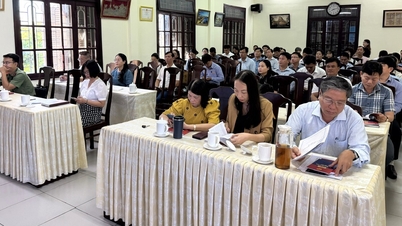





















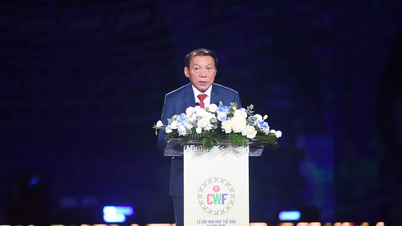



![[Photo] President Luong Cuong receives heads of delegations attending the signing ceremony of the Hanoi Convention](https://vphoto.vietnam.vn/thumb/1200x675/vietnam/resource/IMAGE/2025/10/25/1761377309951_ndo_br_1-7006-jpg.webp)
![[Photo] President Luong Cuong and United Nations Secretary-General Antonio Guterres chaired the signing ceremony of the Hanoi Convention.](https://vphoto.vietnam.vn/thumb/1200x675/vietnam/resource/IMAGE/2025/10/25/1761370409249_ndo_br_1-1794-jpg.webp)
![[Photo] Prime Minister Pham Minh Chinh receives United Nations Secretary-General Antonio Guterres](https://vphoto.vietnam.vn/thumb/1200x675/vietnam/resource/IMAGE/2025/10/25/1761390212729_dsc-1484-jpg.webp)








































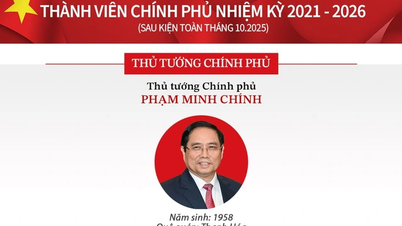




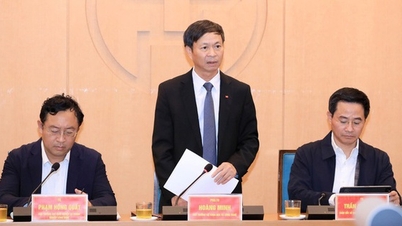

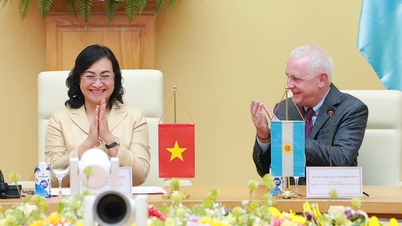





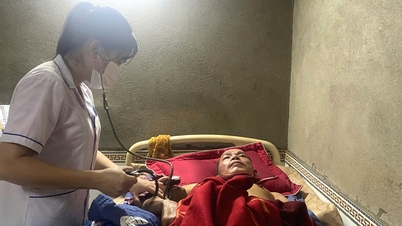
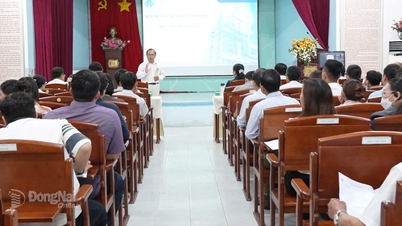

















Comment (0)